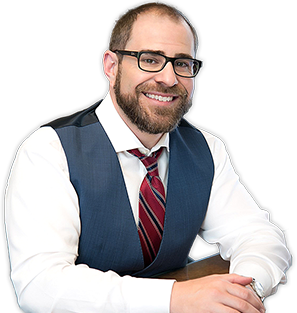Wills And Trusts In Estate Planning
Wills and trusts are both designed to ensure that your assets are distributed according to your wishes. However, there are several key differences. To determine which type of plan is best suited to you, I need to look at your heir and beneficiaries, the kind of assets you have, the costs involved. Once I understand your family situation and your financial goals, I will help you make an informed decision about what type of estate planning is best for you.
The Benefits Of A Will
Some form of a will is appropriate for almost all people. Wills are relatively inexpensive and at a minimum level should be used to document your funeral wishes and itemize how keepsakes and small items are distributed. For people with minor children, a will allows you to appoint a guardian of your choice to care for your kids after you are gone. Larger assets like a home can also be incorporated into a will, but big-ticket items are usually better suited to a trust.
The downside of a will is that it will go through probate. This means your heirs must pay probate fees and your will becomes part of the public record. Probate also delays the distribution of assets and as part of the public record becomes more susceptible to legal challenges.
The Benefits Of A Trust
A trust is a document that gives an individual known as a trustee the right to hold title on assets and property for the benefit of people and organizations you name as beneficiaries. A living or revocable trust allows you to name yourself as the trustee until you pass away. There are other types of trusts for larger and more complex estates, but most people choose a living trust.
One key difference between a trust and a will is that a will goes into effect only after you die while a trust goes into effect as soon as it is filed with the state. A trust provides legal protection for your assets and the details of your trust are kept private.
Contact Our Firm Today
To learn more about wills and trusts, contact Law Office of Joshua Pops, P.L.L.C., for a consultation by calling 360-356-7313 or filling out our online contact form.

